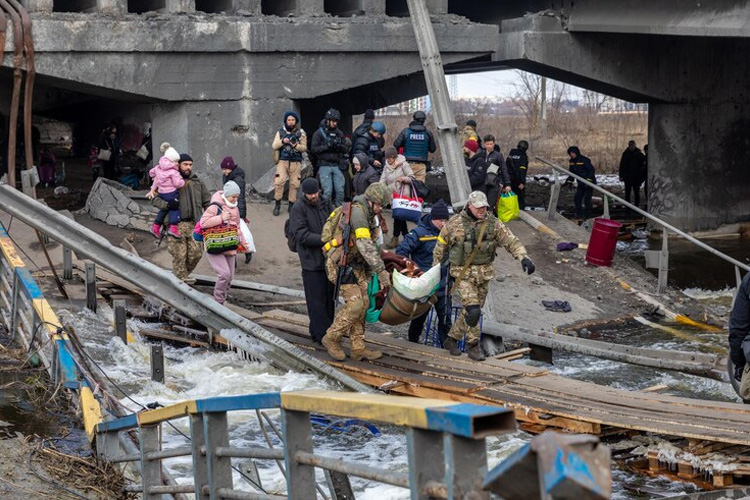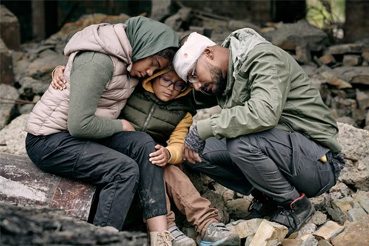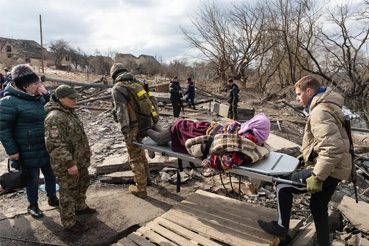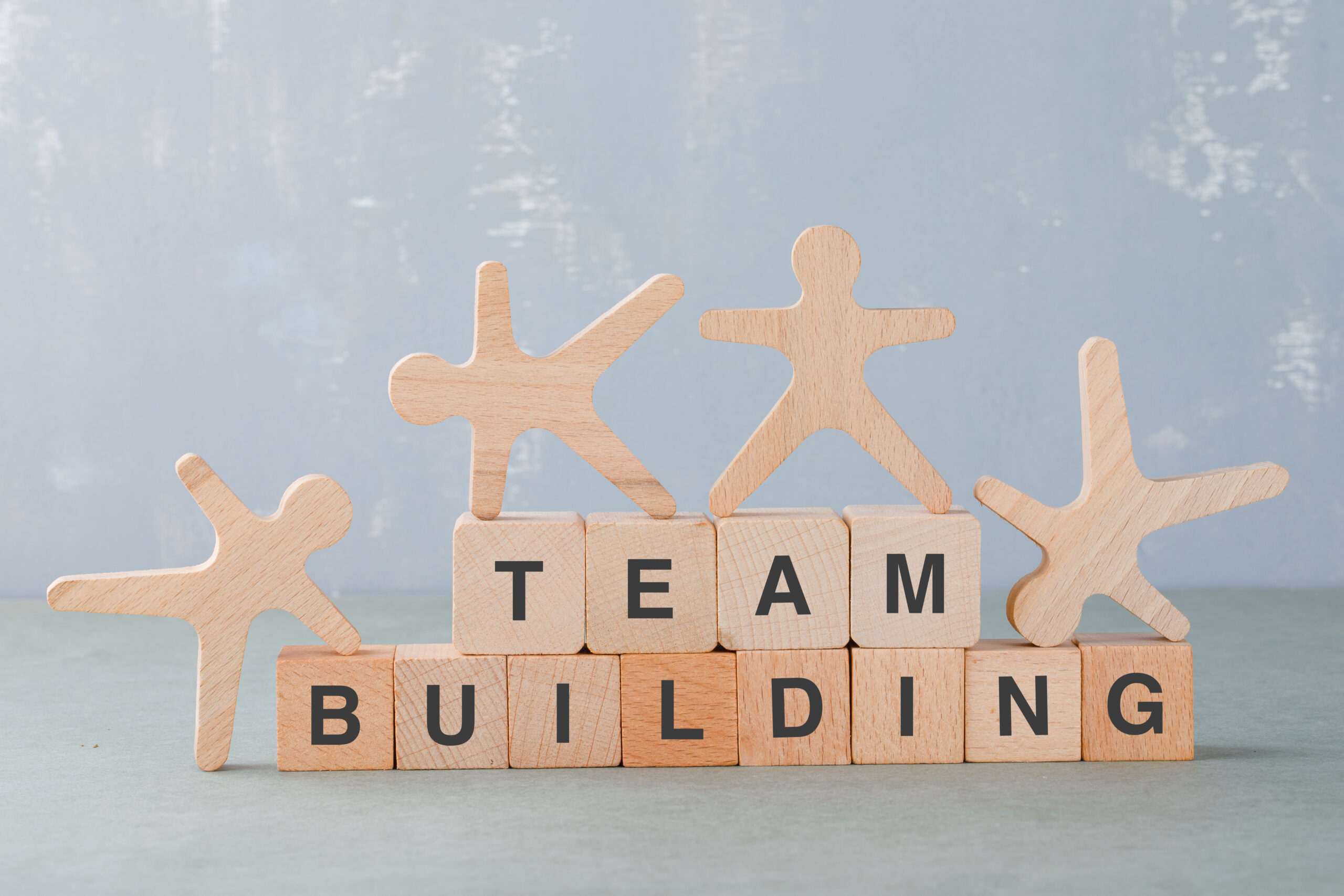The humanitarian impact of the war on civilians: A devastating cycle of violence introduction
War has a devastating impact on civilians. Civilians make up the vast majority of casualties in modern wars, and they often suffer the most from the long-term effects of conflict.
The humanitarian impact of war on civilians can be seen in many different ways. Civilians are often killed or injured in direct attacks, such as airstrikes, artillery bombardments, and ground assaults. They can also be killed or injured indirectly, as a result of the destruction of infrastructure or the lack of access to food, water, and medical care.
War can also have a devastating impact on the mental and emotional health of civilians. Many civilians experience post-traumatic stress disorder (PTSD), anxiety, and depression as a result of their experiences during wartime.
The humanitarian impact of the recent war between Hamas and Israel
The recent war between Hamas and Israel had a devastating impact on the people of Gaza. The territory is already one of the poorest in the world, and the war has made things even worse.
According to the United Nations, over 250 Palestinians and 13 Israelis were killed in the conflict. Over 100,000 people were displaced from their homes, and over 1,800 homes were destroyed.
The war also caused widespread damage to infrastructure in Gaza. Schools, hospitals, and power plants were destroyed. The United Nations estimates that the cost of rebuilding Gaza could be as high as $500 million.
The war has also had a significant impact on the mental and emotional health of the people of Gaza. Many people are suffering from PTSD, anxiety, and depression.
The Humanitarian Impact War Civilians in other conflicts
The Humanitarian Impact War Civilians is not unique to the conflict between Hamas and Israel. Civilians are suffering in many other conflicts around the world, including in Yemen, Syria, Ethiopia, and Myanmar.
In Yemen, over 20 million people are in need of humanitarian assistance. The country is facing a severe food crisis, and over 16 million people are food insecure.
In Syria, over 13 million people are in need of humanitarian assistance. The country is facing a severe water crisis, and over 11 million people do not have access to safe drinking water.
In Ethiopia, over 21 million people are in need of humanitarian assistance. The country is facing a severe food crisis, and over 13 million people are food insecure.
In Myanmar, over 1 million people have been displaced from their homes as a result of the conflict between the military and the Rohingya people.
What can be done to help civilians in war zones?
The international community can do more to help civilians in war zones. This includes providing humanitarian assistance, such as food, water, and medical care. The international community can also put pressure on warring parties to respect international humanitarian law and to protect civilians.
Conclusion
War has a devastating impact on civilians. Civilians make up the vast majority of casualties in modern wars, and they often suffer the most from the long-term effects of conflict.





